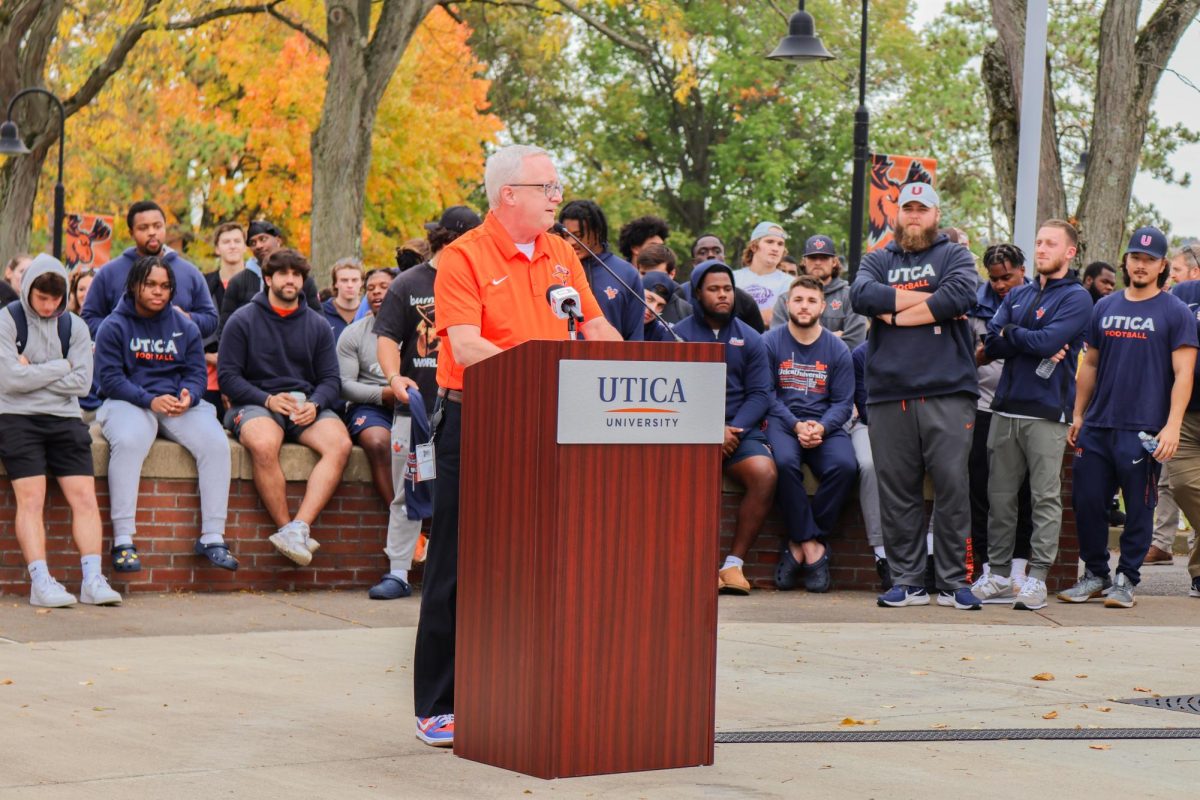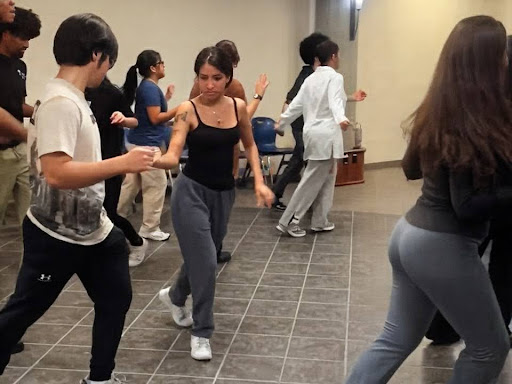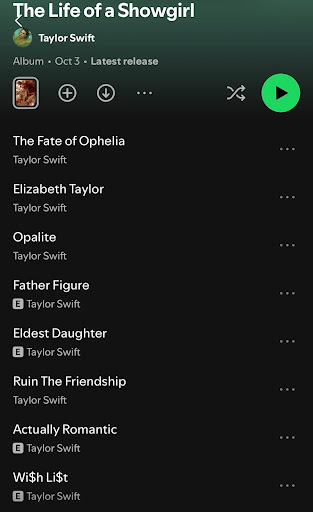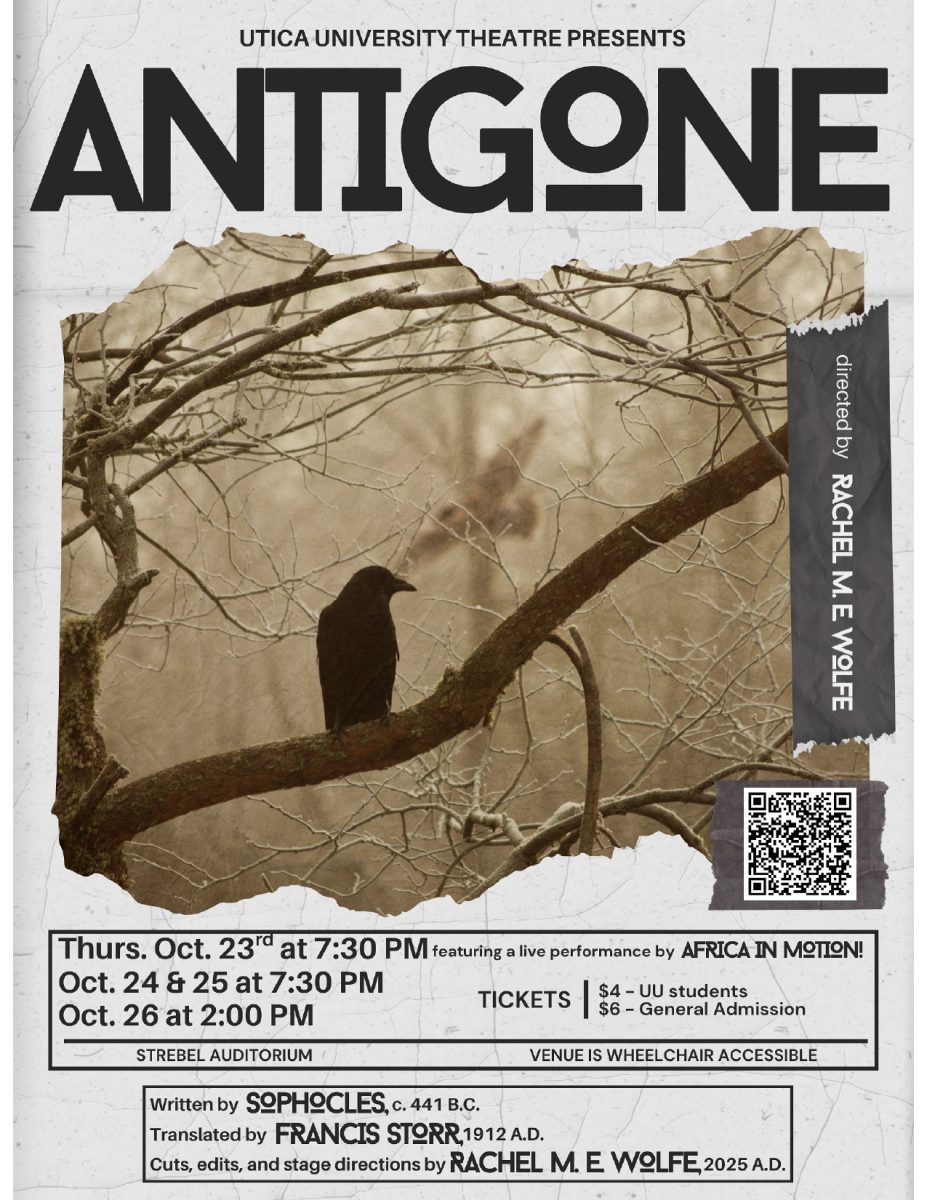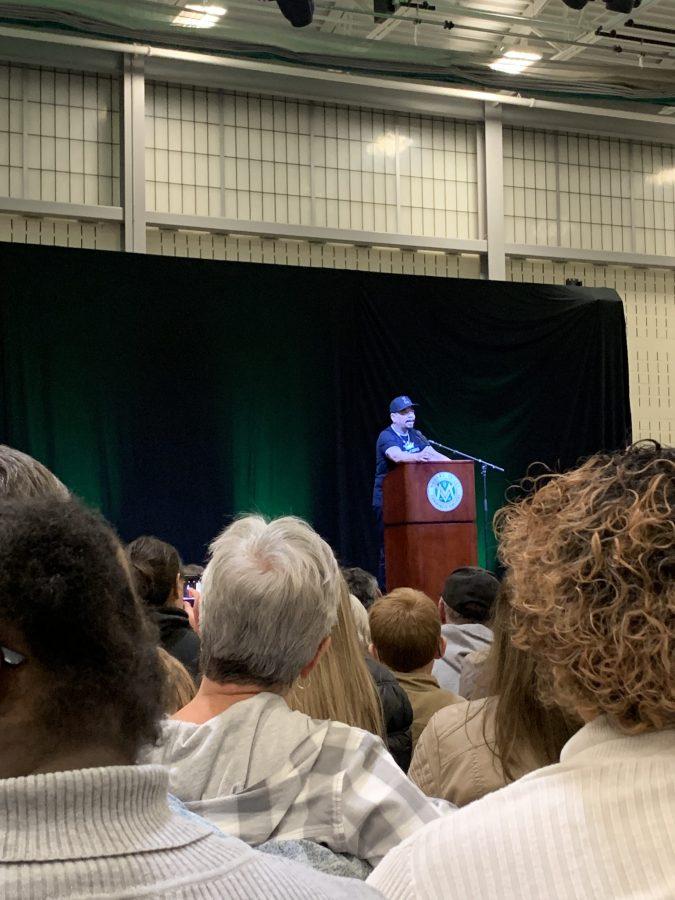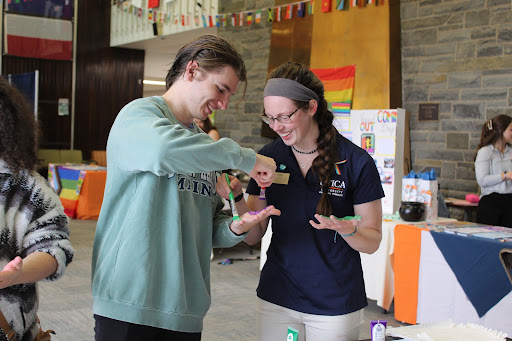Ice-T, the father of Gangster Rap, visited the MVCC Utica campus on Oct. 5 to talk about race relations in America and bridging the gap.
About 200 tickets were pre-purchased for Utica College students in efforts to increase discussions among the community on both campuses.
The Student Living and College Engagement office acquired 200 tickets to make sure students who wanted to listen to and learn from Ice-T’s story were able to and also provided transportation to the event. This was done to continue talks about race relations at UC in a different light from a prominent figure.
Ice-T background allowed him to experience the difficult reality of race relations in the United States. Born in Newark, New Jersey, in 1958, the rapper lost his parents at a young age. After moving to South-Central Los Angeles to be with family, mostly his aunt, he became involved with crime and gangster activity.
After finding music, Ice-T got off the streets and in 1987 he released his debut album, “Rhyme Pays,” and went on to become known as the father of Gangster Rap.
“I think just in our nation today race relations is a hot topic and is something I don’t think as a society we are paying enough attention to,” said Jason Francey, assistant director of college engagement. “What he came to talk about was relevant to our area and relevant to our country and to our world right now.”
Graduate student Darell Jones II attended the event and said it was positive.
“Ice-T lightened the mood a lot so everyone that was in there, no matter what color, race, ethnicity they were, (everyone) was able to feel comfortable,” Jones said. “He made a lot of jokes and made it a lighter situation than I had expected but it had a really good turnout.”
Francey compared the talk to Dr. Shaun Harper’s visit that occurred in September. Harper’s talk focused on the microcosm of the campus, what was going on and how students feel about what’s going on, according to Francey. Ice-T’s talk was about his life and about how racism as a larger scale impacted him and his life growing up showing the macrocosm, he added.
“It’s a different perspective; Ice-T has lived a life of being the father of gangster rap, he grew up in New Jersey and moved out to Los Angeles,” Francey said. “He has lived a full life of a bunch of different experiences that I think hearing that type of information from someone that has really lived it is different than talking about the stuff that is and has happened here on campus.”
Senior Katie Ortiz also attended the event and said she noticed how Ice-T “cared not only about his racial community but also about others.”
“He is aware of the racial tension that will probably exist forever,” said Ortiz, a psychology child-life major.
Ortiz also mentioned how “inspired” she felt after attending the event and added that in spite of Ice-T’s experiences with racism, “he does not tolerate it in his surroundings.”
“I enjoyed seeing how a public figure gives his time to go into depth about his experience, knowledge and opinions on such a delicate topic, especially in colleges,” she said.
After the event, Ortiz expressed her willingness to introduce those lessons in her daily life by always emphasizing that “everyone has their own opinions” and that being different is okay.
While Ortiz said she has never witnessed discrimination herself, she mentioned how many UC students have had personal experiences dealing with racism.

